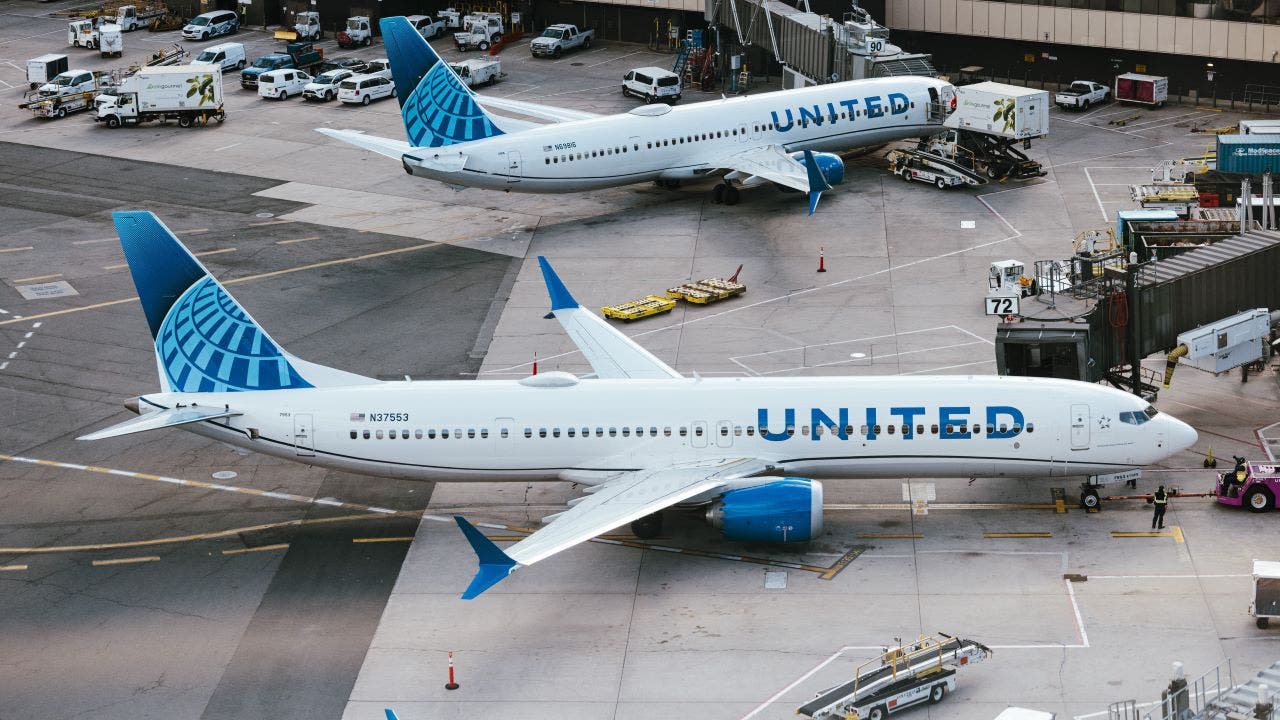With rising costs and limited access to professional support — seven in 10 Americans say their financial anxiety is at an all-time high.
A survey of 2,000 people found that 76% of respondents feel alone in their efforts to calm money-related stress.
This heightened financial pressure is taking a toll: One in five said their mental health has declined over the past year, and 40% have taken a mental health day off from work or school.
The research, conducted by Talker Research on behalf of Doctor On Demand by Included Health, found 41% experience chronic physical pain with 70% believing the quality of their mental health is directly linked to their physical health.

The strain of financial anxiety is compounded by the rising cost of healthcare. A third of respondents (33%) said that the affordability of healthcare has directly impacted their mental health over the past year, with affordability cited as the biggest barrier to seeking professional mental health care by 29% of respondents.
Millennials and Gen Z are disproportionately affected, with 40% of millennials and 37% of Gen Z reporting that healthcare costs have taken a toll on their mental well-being.
“Americans aren’t just recognizing the importance of mental health — they’re actively reshaping their daily habits around it,” said Dana Udall, Ph.D, vice president of behavioral health at Included Health. “We’re seeing more people realize how deeply connected mental and physical health truly are. Even factors like our financial health really have a significant impact.
“That’s why it’s more important than ever to expand access to high-quality, affordable care that treats the whole person as lasting well-being depends on supporting all aspects of health, together.”
Yet while awareness is growing, access to professional support remains limited.
Only 14% of respondents said they are currently in therapy or counseling. Another 25% said they’ve tried therapy and would do it again, and 27% said they’re interested in trying it for the first time.
What’s holding people back? For nearly one in three, the answer is cost. Others pointed to emotional or logistical challenges, including the difficulty of finding the right provider (10%) and a lack of time (7%).
Still, Americans are doing what they can to care for their mental health in everyday ways. Seven in 10 said they’re actively working to prioritize their well-being through habits like listening to music (65%), returning to old hobbies (51%), getting enough sleep (48%), exercising (48%) and spending time in-person with loved ones (46%).
Seventy-one percent of respondents use weekly physical activity to manage stress, and 61% said they speak openly with loved ones about their mental health.
“It’s encouraging to see people turn to music, hobbies, rest and connection to support their mental health,” said Ami Parekh, M.D., J.D., chief health officer at Included Health. “These habits reflect a natural understanding that mental and physical health are deeply intertwined. When care supports the whole person in one place, not only do outcomes improve — but costs go down. It’s a smarter, more sustainable way to care for people, especially in a time of rising financial anxiety.”
Survey methodology:
Talker Research surveyed 2,000 Americans; the survey was commissioned by Doctor On Demand by Included Health and administered and conducted online by Talker Research between March 31 – April 3, 2025.












